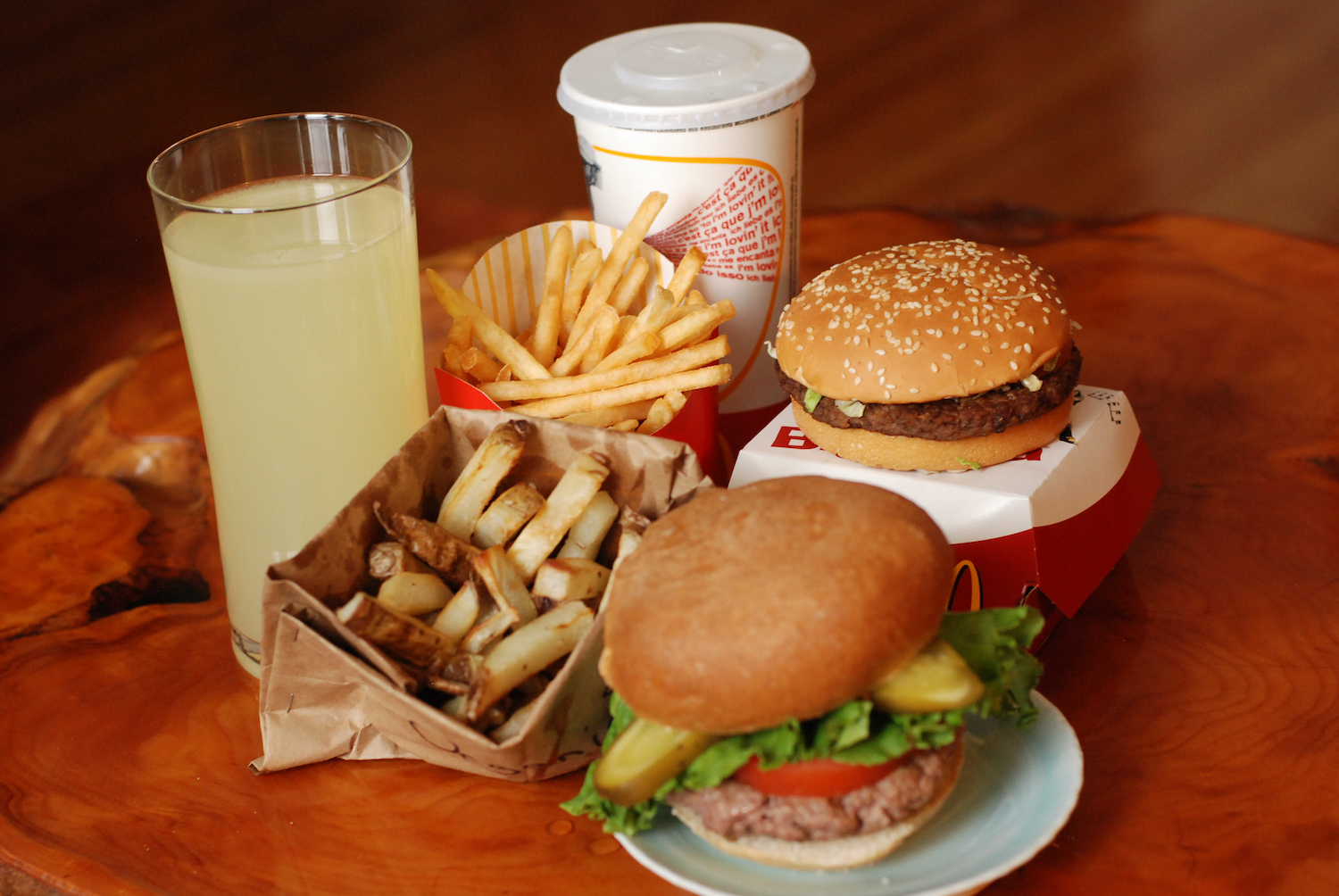My McFossil Experiment ~ 14 years and it has barely aged a day
Mar 01, 2023

Check out my McFossil! This is my 14-year-old burger that I bought from McDonald's in 2009 and it has barely aged a day.
I'm not even joking! This thing has been sitting out on my shelf and, every year, I check it to see if it's growing mold, but nope! Still no sign of decaying. In my opinion, this shouldn't even be considered as food.
What's in this patty and bun that may have this burger outlive me? Let's see!
In 2009, McDonald's buns contained calcium propionate that is considered anti-fungal. Unfortunately, this preservative has been proven to negatively affect children’s behaviour.
A study, published in the Journal of Pediatrics and Child Health, showed that calcium propionate may cause “irritability, restlessness, inattention and sleep disturbance in some children.”
The good news is that removing the preservative could reverse these behavioural problems! So if you've been feeding your kids McDonald's, know that they are not doomed...I just think it would be wise to find an alternative for a "happier meal".The Big Mac's 'Special Sauce' is losing several preservatives due to health risks: potassium sorbate, sodium benzoate and calcium disodium EDTA. Potassium sorbate is made from sorbic acid and potassium hydroxide, and it also inhibits mold growth. The European Food Safety Authority (EFSA) considers 3 mg of potassium sorbate per kg of body weight safe per day. However, there are questions about this chemical causing developmental and reproductive problems.
Sodium benzoate can prevent the growth of fungi and bacteria on foods. Nevertheless, when sodium benzoate combines with ascorbic acid (vitamin C), it can create benzene, which can cause cancer. Calcium disodium EDTA can prevent foods from going rancid, but the U.S. Food and Drug Administration (FDA) limits the amount that can be used.Here is a photo of the McBurger, plus a beverage and fries, the day I purchased it in 2009. It is sitting along side an organic burger, organic baked potato 'fries', and stevia sweetened lemonade I made for a fraction of the cost!
There are numerous other ingredients that are unhealthy in McDonald's Big Macs today: sugar, yeast, vegetable oil (canola and/or soy), sunflower oil, corn dextrose, corn starch, corn maltodextrin, potato starch, dough conditioners (DATEM, corn maltodextrin, corn starch, soybean oil, sweet relish (sugars [sugar, glucose-fructose, glucose syrup], sugar, propylene glycol alginate, caramel colour, hydrolyzed (corn, soy, wheat) proteins, potassium sorbate (preservative), aluminum sulphate and polysorbate 80.
Now that's quite the list of inflammatory ingredients (taken straight from their website today). Still feel like popping at your drive-thru for your burger or are you finally turned off from fast food by reading this?
You might be thinking: some people can't afford healthy food and this is their only option to feed themselves and their family.
Well, let me show you how you can build an anti-inflammatory menu that is CHEAPER than fast food and is incredibly more NOURISHING than these empty calories that are costing you your health.Get my Anti-Inflammatory Food Masterclass today (for less than a Big Mac would cost you) and tap into the power of healing nutrition. https://www.juliedaniluk.com/
AI-food-masterclass-organic
References:
Dengate S, Ruben A. Controlled trial of cumulative behavioural effects of a common bread preservative. J Paediatr Child Health. 2002 Aug;38(4):373-6. doi: 10.1046/j.1440-1754.2002.00009.x. PMID: 12173999.
EFSA Panel on Food Additives and Nutrient Sources added to Food (ANS). "Scientific Opinion on the re‐evaluation of sorbic acid (E 200), potassium sorbate (E 202) and calcium sorbate (E 203) as food additives." EFSA Journal 13, no. 6 (2015): 4144.


